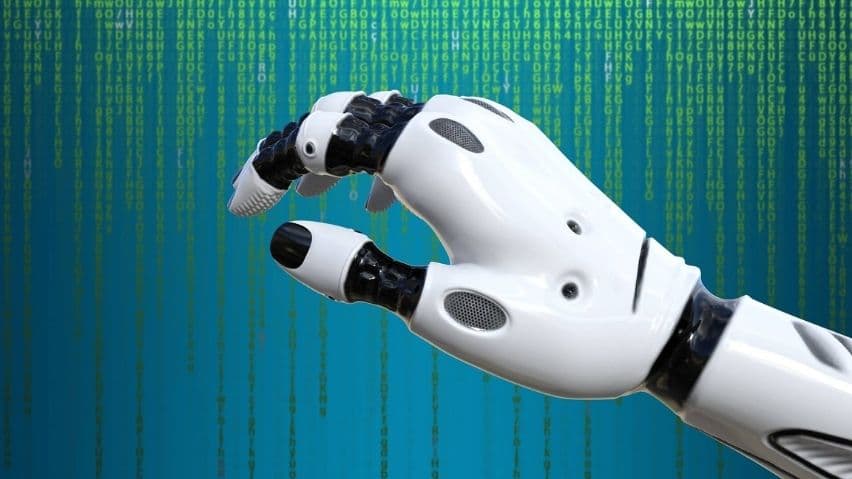
The Growth of Robotic Process Automation(RPA)
The rapid pace of robotic process automation (rpa) in a variety of industries has brought us closer to a future where machines & humans work in harmony with each other. Even though the robotic process automation market is still at the beginning of the growth curve, Statista estimates that it will be worth $3.1 billion by the end of 2019. RPA offers huge potential in replacing tedious & menial human work and streamlining the operations with greater efficiency.
The Buzz About RPA Technology
RPA should not be confused with AI solutions. While AI is based on machine learning wherein machines adapt from their surroundings, robotic process automation services involve machines that can perform repetitive, laborious and pattern based operations with speed & accuracy.
Cathy Tornbohm, vice president at Gartner, believes that RPA tools will reduce the error-margin in mundane tasks, increase data quality & improve the productivity of employees. A Gartner report also suggests that by the end of 2022, 85% of large businesses will have incorporated robotic process automation technology for automating a wide variety of tasks.
RPA Services: The Present
RPA has entered various industries in a short span of time. As companies recognize its ability to quickly complete standardized tasks, robotic process automation technology is becoming the primary candidate for technical advancements in the organizational system.
- To reduce costs & achieve a better ROI, software testing & business process management is integrated with RPA systems for gaining a competitive advantage.
- RPA has led to a digital transformation in organizations by focusing on tasks that clearly match the expectations mentioned in the automation blueprint.
- The primary benefit of RPA services is to leave scope for creative, rational & judgmental tasks completion in the human hands. Providing enough time for strategizing is a key benefit that comes with the integration of RPA in the organization.
What’s next in Robotic Process Automation Technology?
It is clear that RPA is here to stay. From industries like banking & manufacturing to human resources & software testing, RPA has made its mark in a plethora of industries. It has become a major player in driving change by re-imagining how work is done in the organization.
- RPA market is increasing rapidly as even the consumer-focused companies are deploying the technology to augment their capabilities.
- The next step in RPA is its transformation to AI which will allow machines to move beyond menial tasks and enter into the territory of environment-based learning.
- Total digital transformation is what everybody is looking forward too. Companies are looking at a future where machines can create, collaborate & innovate with the human workforce.
RPA technology certainly yields better outputs than humans when it comes to repetitive tasks. Whether in terms of speed, accuracy or error-ratio, RPA has outperformed everyone and the transition is getting better with each day. The next 5 years will bring about major changes in RPA leading to a digital revolution where success will be measured based on how better the machines can perform than humans.




